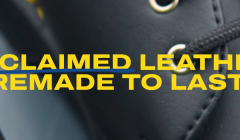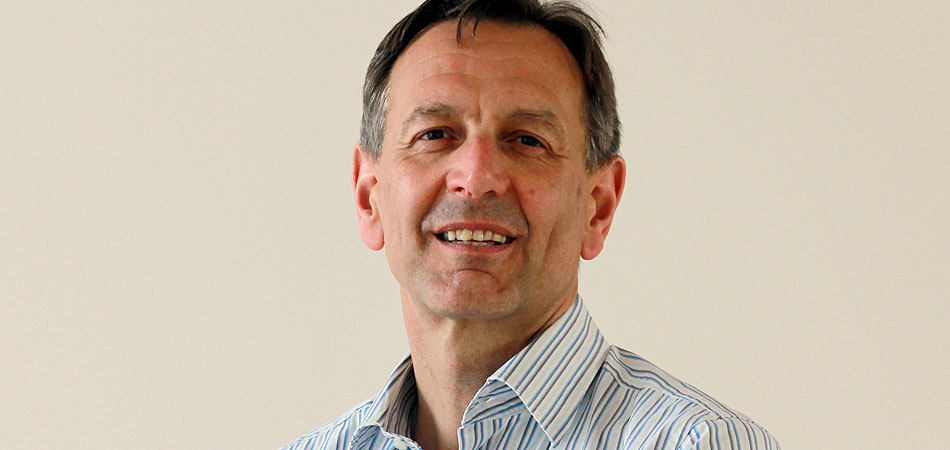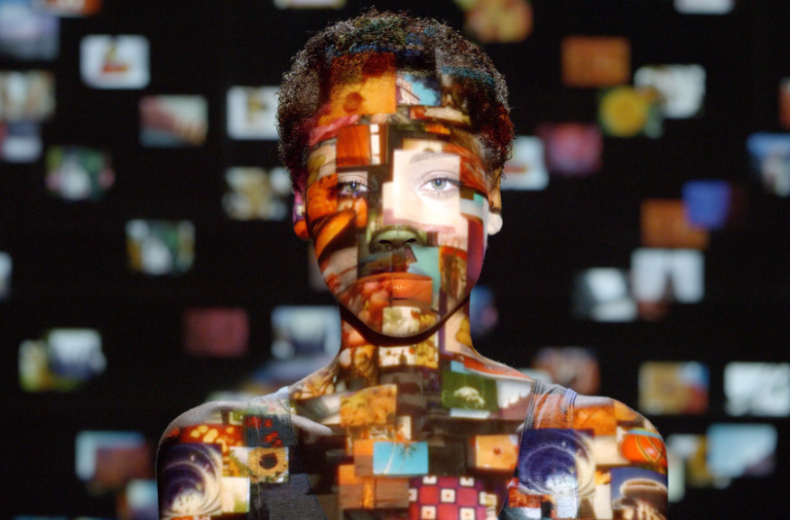
Dr. Martens champions sustainable fashion
Genix Nappa, a new material made of leather offcuts, aims to reduce waste
CEO at McCann Worldgroup UK


Career to date:
2014 - McCann Group Worldwide UK (CEO)Mark Lund: Making the whole greater than the, considerable, sum of existing parts. McCann Worldgroup consists of some excellent companies. They already do great things. My job is to help them collaborate better across all channels and expertise in order to help clients’ brands connect with their customers more effectively and more excitingly. If we can do that we can achieve the ultimate aim of sustainable, three dimensional, growth – growing the business, brand and culture at the same time.
Mark Lund: I started my career with IPG at Lintas so coming to McCann is a kind of homecoming. The red braced 80’s saw me at Collett Dickenson Pearce, a great UK agency learning my creative craft with legends like Graham Fink, John O’Donnell and Indra Sinha. As the Berlin Wall fell I embraced international – travelling the world for Havas from our Paris base. With the Millennium imminent I helped found DLKW, an agency that grew in a decade from 30 to 250 people strong and into the UK top 10 agencies. Ten wonderful years on I left to run the COI, the UK’s biggest client and the home of behaviour change thinking and massively integrated campaigns. Over the last three years I’ve enjoyed helping John Townshend, Kate Waters and Melissa Robertson found and establish the vibrant young agency that is Now. Many of the people I’ve worked with over the last three decades have become and remain close friends; it’s been a terrific journey.
Mark Lund: Day-to-day I’m inspired most by the people around me. The brilliant thing about working in communications is how many times you see an idea that wows you with its audacity, or have a conversation that sparks an entirely new perception or way of thinking about a problem. Those two things are enduringly and wonderfully fresh and they happen because of the sheer number of open inventive people who work in our business on both client and agency side. My early experience of McCann Worldgroup and its clients is that it’s packed with exactly these kinds of people and conversations.
“The brilliant thing about working in communications is how many times you see an idea that wows you with its audacity, or have a conversation that sparks an entirely new perception or way of thinking about a problem”
Mark Lund: I’m in awe of what McCann in the US (led in New York by the splendid Brit abroad Chris Macdonald) has achieved in the last year.
Among the opposition Droga5, in the US are consistently brilliant in the way they connect big, shared cultural moments with a unique personalised experience. This is the modern communications paradox – we want it to be big and shared (we’re herd) and we want it to be unique and ours (we’re intensely proud of our own identity). To get this right you have to connect PR, partnership, image making and 1:1 messaging. Creating the same effect at real scale in the UK is one of my principal ambitions for McCann Worldgroup.

Mark Lund: What the last decade has shown is that media is additive not substitutional. In other words – the more we have of it, the more we use. We carry on watching TV even though we’re tweeting. We still look at outdoor despite the fact that we’re fixated with our phones. And if you look at the household spending surveys you can see the one thing that all of us spend more on every year is access to content and channels. This is not going to change soon.
Within this proliferating landscape there’s likely to be a triumph of the very big and the utterly bespoke. Despite, or because of, the fact that most of us now huddle together in cities, we crave shared experiences. The biggest movies, sports events, festivals and stars bring us together and make us feel connected to one and other. The biggest media owners will consolidate and get bigger, to bring as many of those things together. And big screens of all sorts and shared spaces from living rooms to stadia will thrive. But we’ll also want to indulge our personal, selfish side more too. The ability to draw the world from our pocket via the small screen of the smart phone or tablet seduces us. We can create a version of the world that is uniquely ours and as a result the great bespokers from Amazon to YouTube via Netflix and Twitter will keep growing and adding loyalty.
And in the midst of this who will be making the rules? Will it be the wisdom of crowds with individual bloggers and posters setting the pace or will the network and studio heads continue to dominate what we consume? I believe the big channels will continue to be very influential simply because of the numbers they access, but the unparalleled speed and ferocity of feedback made possible via social media will keep them honest and unprecedentedly on their toes.
“The ability to draw the world from our pocket via the small screen of the smart phone or tablet seduces us”
Mark Lund: The challenge for agencies is to be collaborative without losing authorship and to be ‘big picture’ without losing the craft edge.
I think a lot of clients have seen that endless specialisation of agencies makes the job of managing a coherent campaign harder and harder. At COI I wanted to work with the smallest number of people who really understood my business and could come up with powerful ideas – but not at the expense of being among the best for individual channels.
This means a big opportunity for the groups that can best co-ordinate, share their individual agendas collectively and flex their expertise agilely.
Finding better ways of working efficiently is going to be crucial to this. In order to attract really good people and reward them well we have to achieve more value with less time expended. In my experience this is a problem more of systems than attitude. The best people are prepared to really expend more energy and ingenuity on getting more done more quickly as long as they feel they’re not wasting their brilliance. That means that some of the industry’s older and more divisive working methods will have to be crashed into the 21st century.
Mark Lund: Pitching is the most intense, enjoyable and simultaneously bruising thing I do in advertising. You see the truth about people – who steps up, who steps back, who keeps a sense of humour and hope when all around looks stygian.
It’s not the winning itself (although that’s pretty crucial) which is the ultimate narcotic – it’s the moment in the pitch when the agency team starts to see a vision of what this brand can be, and the client team comes on that journey.
I also think it’s still a pretty good way of deciding business. As a client and agency you get as much out of pitching as you put in. A great process with the right agencies can clarify a brands path to growth for the next decade. A half-hearted process with insufficient buy-in and insufficient resource just wastes time, alienates stakeholders (agency and client) and is unlikely to produce a good way forward.
“That means that some of the industry’s older and more divisive working methods will have to be crashed into the 21st century”
Mark Lund: For me this is one of the most exciting areas around – together with the digital transformation it’s the biggest shift forward in the last decade. I became fascinated by it after working on government business and then at the COI. I’ve learnt a huge amount from Kate Waters (strategy partner at Now) who’s a leader in this field.
The science in all three parts of the equation is fascinating but what it adds up to for practitioners is a set of tools that lend a new edge to thinking about why people do what they do. One of the outtakes for me has been to change the way I see decisions being made. It’s almost never the rational, deductive process beloved of economists, but a rapid set of short cuts originating in the ancient ‘lizard’ part of the brain, coming from a way of thinking which predates speech and rationality. Decisions are often based on ancient instincts of herd mentality and desire for safety and short-term satisfaction.
The rational brain then creates wonderfully complex deductive arguments to justify our decisions; both for ourselves and those around us. Think about how you’ve made the biggest decisions of your life (partner, home, job) and see whether it matches.
Some of the very best work that I’ve been involved in in this context is with Public Health England, arguably the world’s preeminent behaviour change client. The anti-smoking campaign that I worked on has pioneered not only the first mass quit movement in Stoptober but also harnessed the huge emotional power of disgust in the more traditional January harms activity, with the result that UK smoking prevalence should go below 19% for the first time this year.
Looks like you need to create a Creativebrief account to perform this action.
Create account Sign inLooks like you need to create a Creativebrief account to perform this action.
Create account Sign in